The content of the article
Since ancient times, beet is an integral part of the diet of the Russian people, because it has an energy reserve. According to ancient Russian legends, this vegetable bestowed great strength on people, therefore it was obligatory for bogatyrs to eat. Nowadays, there is an idea that beets have a positive effect on the physical formation of the baby and should be included in the diet of nursing mothers. The importance of the product is not undermined even by its aggressive and suspicious bright color, as well as its ability to act as a laxative agent.
Eating beet dates back to the ancient world, because for the first time a vegetable was mentioned by people who lived before our era. Thus, the material culture of the ancient Greek civilization is represented by unique, made of silver decorative and applied arts in the form of this vegetable. In turn, the Persian kingdom was wary of him.This is evidenced by the interpretation of beets in the culture of Persians as a symbol of conflict and confrontation, probably caused by the blood-red color of the product. It varies depending on the ethnic group and the nature of the use of beets in food. Residents of some countries eat the fruit itself, others only the leaves, and the fruit is used in medicine.
Beetroot and its myths
As with many other products, there is no definitive answer to the question of whether it is possible to add this vegetable to the diet of a nursing mother. Popular beet does that it can act as a rich source of food sugar. But more often than not, mothers during the period of breastfeeding are alarmed by its aggressive red color. Despite the fact that during the lactation period it is recommended to refrain from all red products, beetroot is an exception to this rule. Her inability to cause negative reactions in mothers and babies is due to the hypoallergenic pigmentation substances contained.
The ability of beets to act as a laxative causes nursing mothers to question the consequences that may be caused by this circumstance.However, pediatricians note that this role of the vegetable is able to play in the body of the mother, that is, the one who directly uses it for food. Recycled substances that are unable to affect the baby’s stool enter breast milk. In the event of a particular reaction - do not lose composure - the individual intolerance is to blame for everything.
How can beets be useful to a person?
A list of its beneficial properties will help in understanding the peculiarities of the effect of a vegetable on the organisms of a nursing mother and child.
- Normalizes the gastrointestinal tract. First of all, through its ability to play the role of a laxative. In addition, beet has a bactericidal effect on the intestines, destroying harmful microorganisms and substances.
- It protects the liver from "clogging". Beet contains the substance betaine, which improves metabolism.
- Optimizes blood pressure. If you suffer from high blood pressure, magnesium-rich beets will help make your life easier.
- Positive effect on intellectual activity.In this respect, the folic acid contained in beets does not deprive neither “mother” nor a child with “attention”.
- It helps to get rid of excess weight. The beetles are a unique combination of the average energy value (42 kcl per 100 g of the product) and the ability to act as a laxative. That is why it is often found in the diet offered by many diets. For nursing mothers, this issue is of great importance, since many of them seek to return themselves to the form.
- Increases hemoglobin count. Beet representative of the class of products that are high in iron. This vegetable is the best way to increase hemoglobin. In addition, doctors recommend it for use with anemia.
Nutritional value and composition of beets
100 g of the product contains 1.5 g of proteins, 0.1 g of fat, 8.8 g of carbohydrates. What vitamins, trace elements and substances is rich in beets? Iodine contained in vegetables helps the functioning of the thyroid gland. Maintaining beauty and strengthening immunity is achieved through vitamin C and vitamin B. Phosphorus, sodium and beta-carotene are a good bonus.
Thus, the product has many advantages. However, you should always remember about contraindications.High sugar content makes it impossible for people with diabetes to eat beets. Oxalic acid removes from the list of those who have kidney problems. Vegetable stops the absorption of calcium by the body, so people with osteoporosis can not eat it.
How to eat beets: when and how much?
Tidying up your diet during lactation is a very difficult task for many moms. However, appealing to strict diets is often not necessary. The occurrence of allergies or other negative reactions are rare and individual cases.
Thus, a balanced approach is important. Reasonable in relation to the use of beets will be the rejection of her during the first months of life of the baby, because during this period his digestive system is not fully formed.
Summarize
It is possible to make a conclusion from the presented arguments by answering the most common questions that arise in nursing mothers in relation to beets.
Are mothers allowed to eat boiled beets in the period of breastfeeding?
Without a doubt, the answer will be yes. However, it is worth paying attention to the type of heat treatment indicated in the question. Boil the vegetable in this case is necessary. Such a warning does not affect the benefits that it contains. Beetroot is one of those unique exceptions, when high temperatures do not affect the vitamins and microelements contained in the product. Cooked vegetables can be added to salads or soups, which will make the food not only healthy but also tasty.
Why is eating raw beets forbidden?
During the first year of the child's life, mothers should abandon all kinds of products without heat treatment, that is, in their raw form. Among them is and beets. The rule does not apply to such seasonal vegetables as cucumbers and tomatoes. The explanation for this is very simple. Vegetable food is not only a storehouse of vitamins, but also bacteria. If an adult's body is not able to respond to a meeting with microorganisms, then the infant may not be affected by such an impact, which will cause negative consequences in the work of the digestive system.Of course, beet juice has a huge supply of vitamins. But during the breastfeeding period, the body should be saturated with useful substances only in ways that are safe for the child.
Is there a rationing of the use of beets by nursing mothers?
As with many other products during lactation, you should start using beets in small quantities. It is better to accompany a piece of vegetable porridge. If a negative reaction to the taste of milk in the baby is not observed, then try to gradually increase the daily rate. The best option is to use 200 g of beets 2 or 3 times a week.
At the end of the discussion about beets in the diet of a nursing mother, you should pay attention to the following important points:
- Do not ignore the “company” in which beet is used. So, boiled aphids stewed carrots are of great benefit. Especially this combination of vegetables will be useful with low hemoglobin. In turn, the addition of garlic to beets, as well as hot spices can cause a negative reaction in the baby to changes in the taste of milk. Sour cream or sunflower oil is perfect for dressing beetroot salad.
- Exclude store mayonnaise from the types of refills of beets and other vegetables. If the use of an adult person harms the body of an adult, then it is simply dangerous for a newborn.
The use of beets during the breastfeeding period will be useful with a rational approach. Be sure to consult with doctors, try not to introduce into the diet of new dishes without the approval of the pediatrician. Buy only proven and high-quality products in certified outlets.
Video: vegetables for nursing mothers

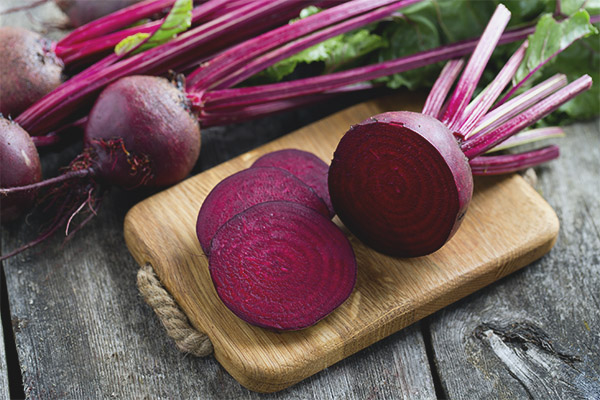
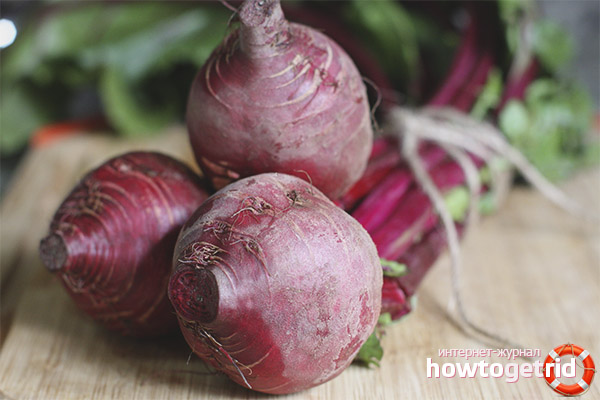



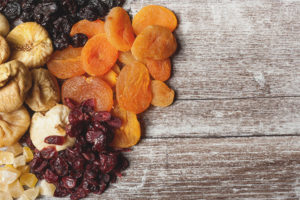
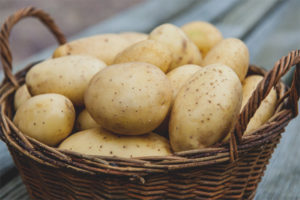
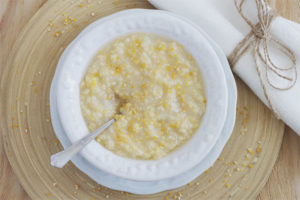
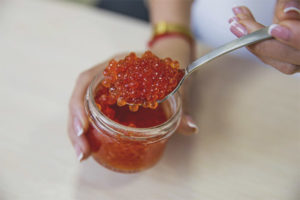
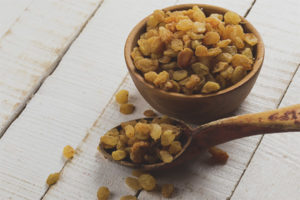
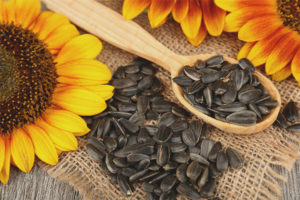
To send